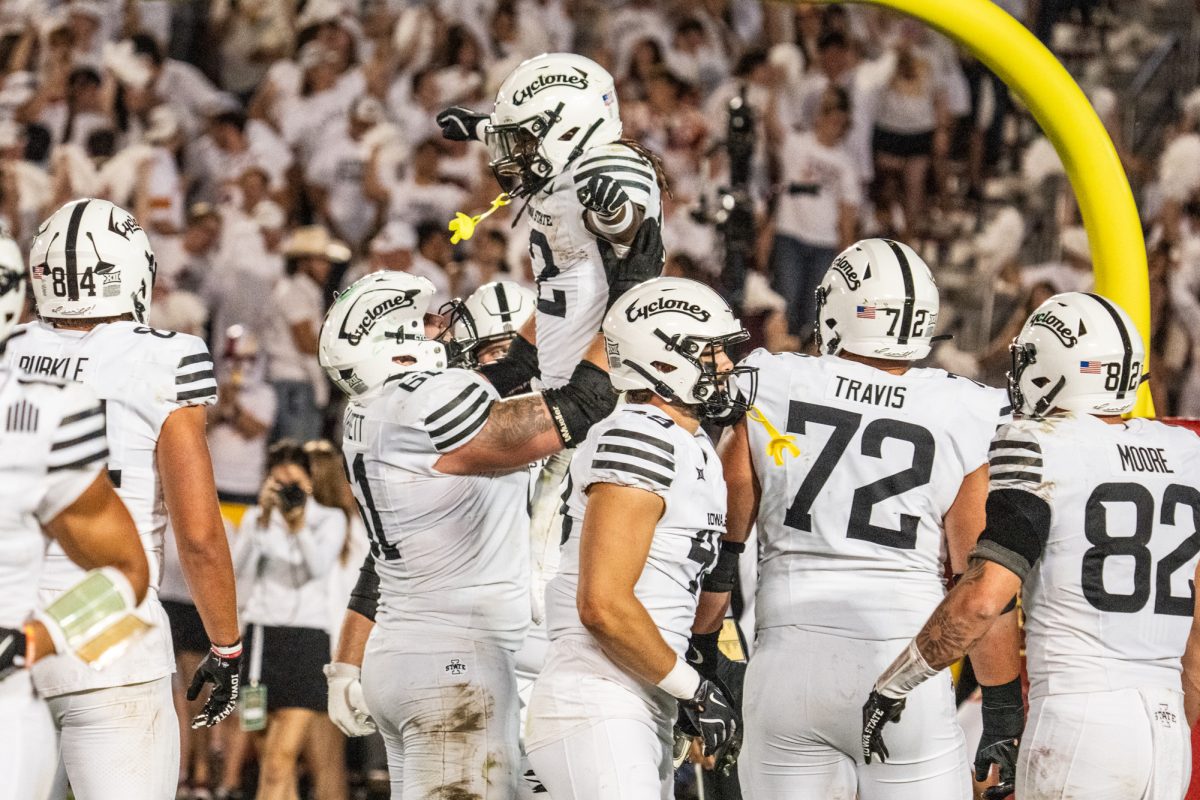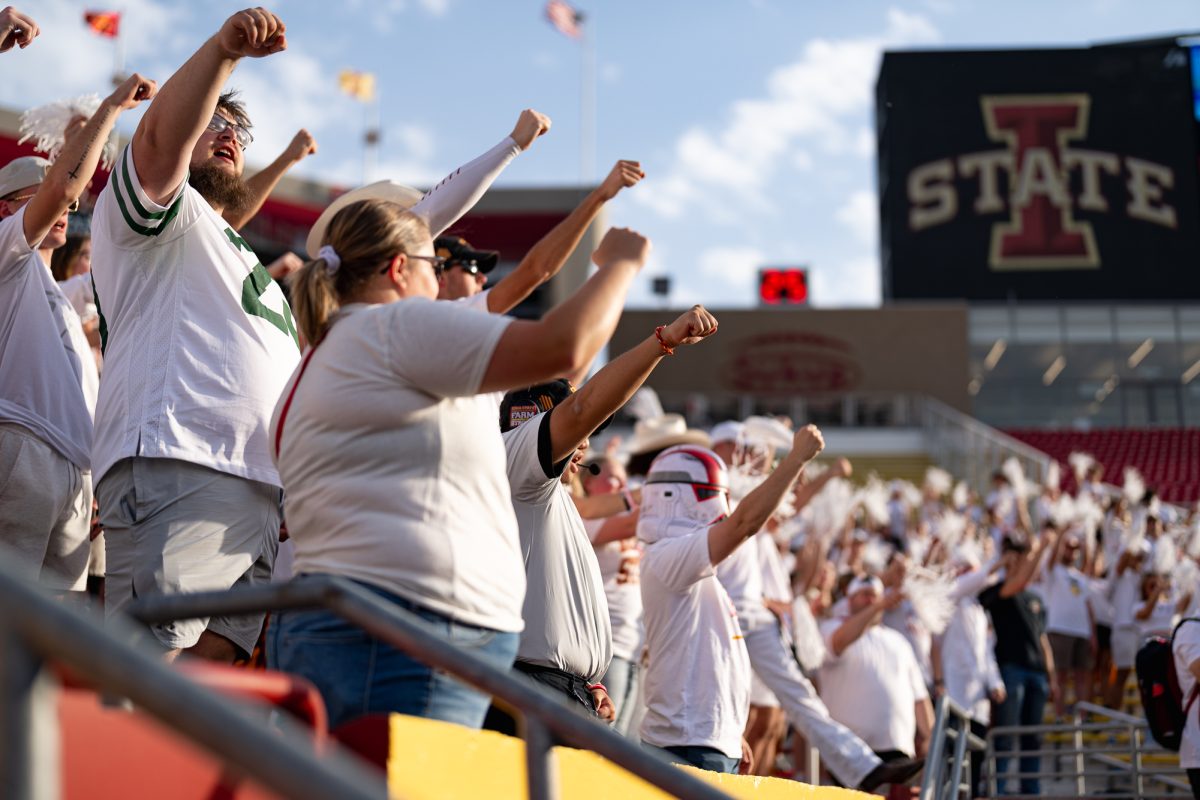Gambling in March
April 2, 1999
Although it may not be as popular as the Super Bowl, the NCAA basketball tournament certainly draws a lot of attention from both basketball fans and sports gamblers.
Offices around the country often conduct tournament “pools,” with all participants choosing who will win every game. Students, both college and high school, get together and run their own NCAA pools to see if they can win some extra cash.
States have different laws governing sports pools; some say they are all right as long as there is no take for the house. Even in states where pools are illegal, generally the ban is not actively enforced.
The NCAA has recognized the allure of basketball betting, especially among college students, and ran public service announcements during game broadcasts pointing out the downfalls of sports betting.
At Iowa State it is no different, and it is common for students to enter multiple pools.
Rory Wiebel, junior in constructional engineering, said that he has been participating in the men’s tournament pools since the fifth grade, sometimes spending as much as $25 to take part in one. Recently he has been involved in gambling contests where the scoring of players decides the winner.
“We find out the tournament teams and then draft 10 players per team and then add up all the points scored by those players throughout the tournament. The payoff goes to the person with the top-scoring team and the individual with the highest-scoring player,” he said.
Luke McDermott, senior in industrial technology, said he has taken part in the traditional NCAA pool and the contest that involves players’ points as well.
“I have been doing them since I was in third grade. So far I have won approximately 35 percent of the contests I’ve been in,” McDermott said.
These tournament pools have always been popular, but a new craze has arrived for March money madness via the Internet. About 2.5 million people were estimated to be playing NCAA tournament pools online this March.
Although this fad is widespread, Wiebel said that he “doesn’t trust it” but may be interested “if I had a computer.”
Online gambling sites are growing in number, especially offshore accounts, since they are fun and easy to use. Computer Web sites advertise software programs to organize and run office pools for the tournament, but McDermott doesn’t plan on competing.
“I don’t trust putting my credit card number on computers,” he said. “I would just get a bookie instead.”






